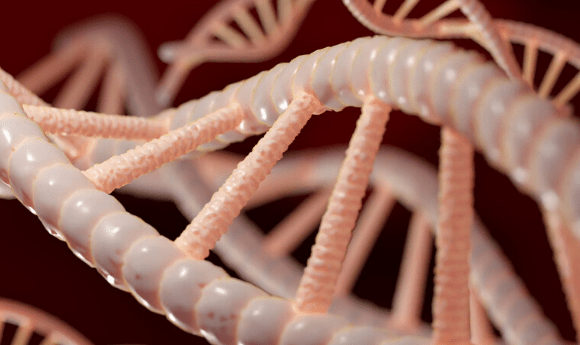Caught red-handed? Cancer-causing genetic fingerprints are cataloged

The Pan-Cancer Project is identifying genetic fingerprints of cancer-causing mutations in the hope they will shed light on the development of certain cancers.
New research, published as part of the Pan-Cancer Project, has cataloged mutational drivers of cancer by identifying genetic fingerprints of DNA-damaging events. It is hoped that by identifying these events, more can be done to understand carcinogenic chemicals, environmental factors and biological processes that contribute to the development of cancer.
The genetic mutations that cause cancer often leave mutational signatures that can inform research about the development, and therefore prevention, of cancer.
The Pan-Cancer Project is a comprehensive global study involving approximately 1300 researchers from 37 countries. The project has analyzed more than 2600 genomes, comprising 38 distinct tumor types, and intends to advance cancer research by creating a resource of primary cancer genomes.
A collaborative study, published in Nature, involving researchers from the Wellcome Sanger Institute (Cambridge, UK), Duke-NUS Medical School (Singapore), the Broad Institute (MA, USA) and several other institutions has identified previously uncharacterized single-base-mutations, as well as larger insertion and deletion signatures.
The contribution of the signatures to the mutational profile of each genome was then estimated to spot associations between mutational signatures and carcinogenic events, as well as their involvement in compromised DNA-repair pathways.
CRISPR—Cas9 genetic screens: mapping the road to novel cancer therapeutics
“Some types of these DNA fingerprints, or mutational signatures, reflect how the cancer could respond to drugs. Further research into this could help to diagnose some cancers and what drugs they might respond to,” explained senior author Steven Rozen (Duke-NUS Medical School).
A second study involved in the Pan-Cancer Project, also published in Nature this week, discovered 16 signatures involved in somatic structural variation, thereby demonstrating that complex structural DNA changes and rearrangement can also be utilized as mutational signatures.
It is hoped that by understanding cancer-causing mutations, more can be done to inform prevention strategies and open new avenues for future treatment development.
“The entire Pan-Cancer work is helping to answer a long-standing medical difficulty: why two patients with what appears to be the same cancer can respond differently to the same drug. We show that the reasons for these different effects of treatment are written in the DNA. The genome of each patient’s cancer is unique, but there are a finite set of recurring patterns in the DNA, so with large enough studies we can identify all these patterns to optimize cancer diagnosis and treatment,” commented Pan-Cancer committee member Peter Campbell (Wellcome Sanger Institute).